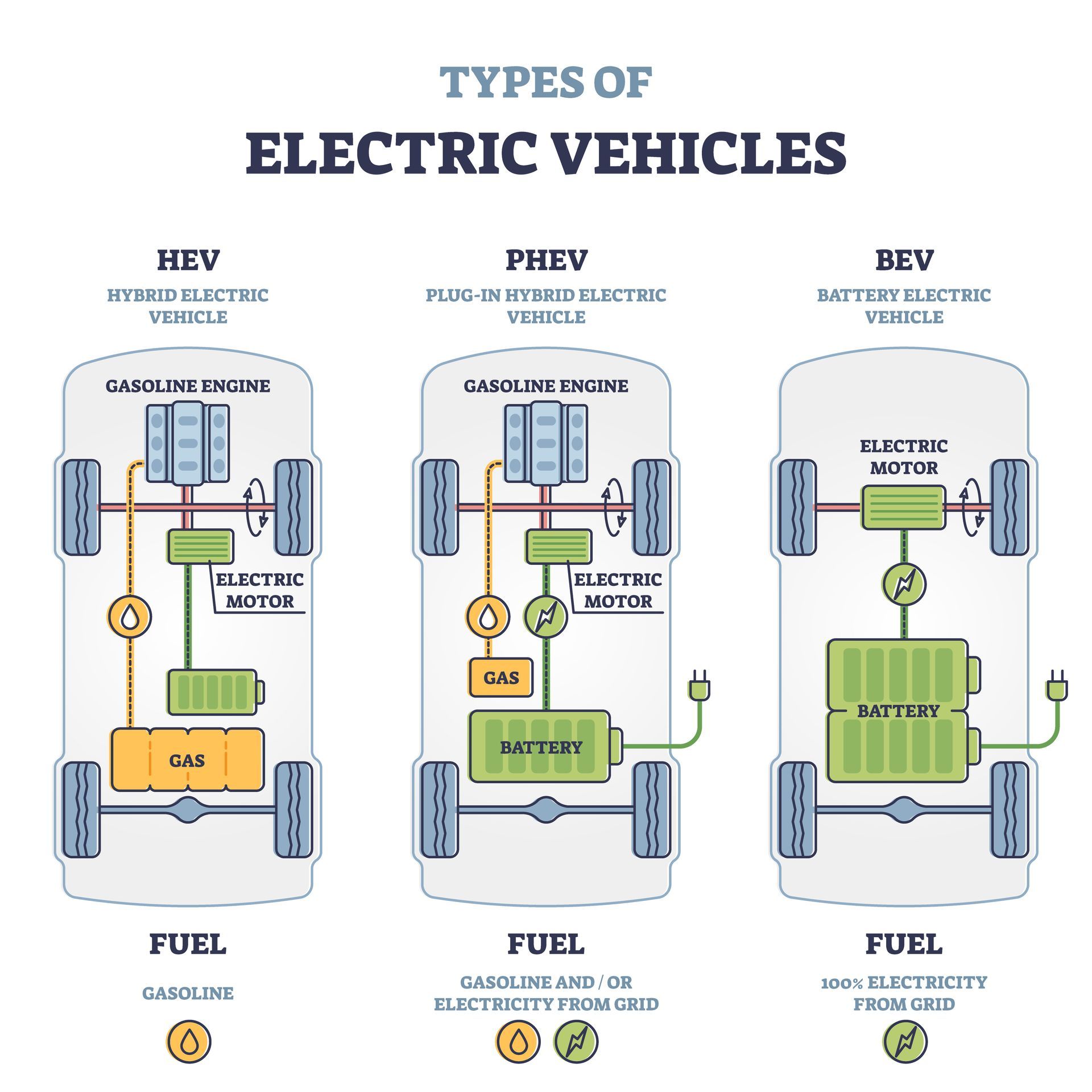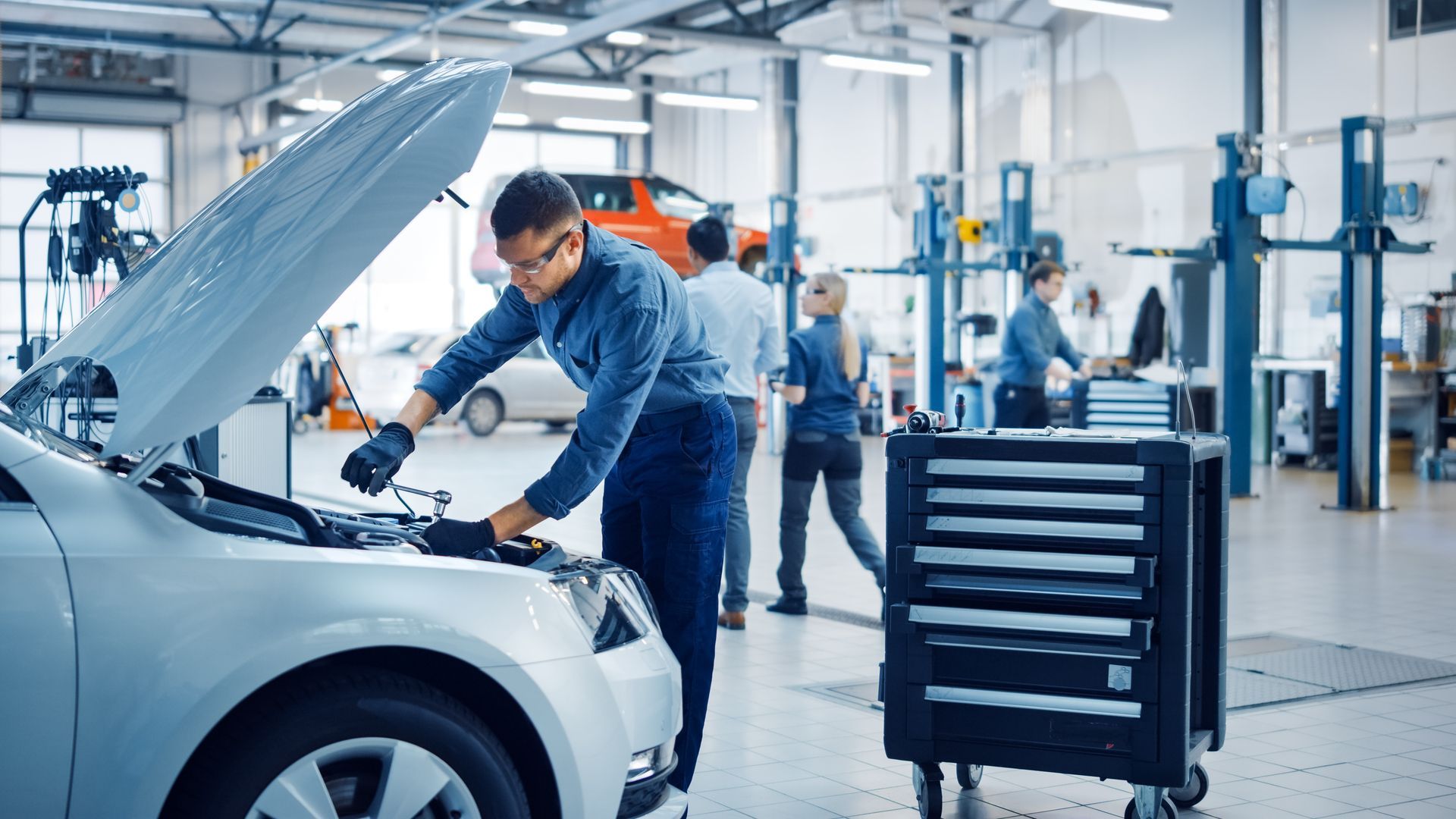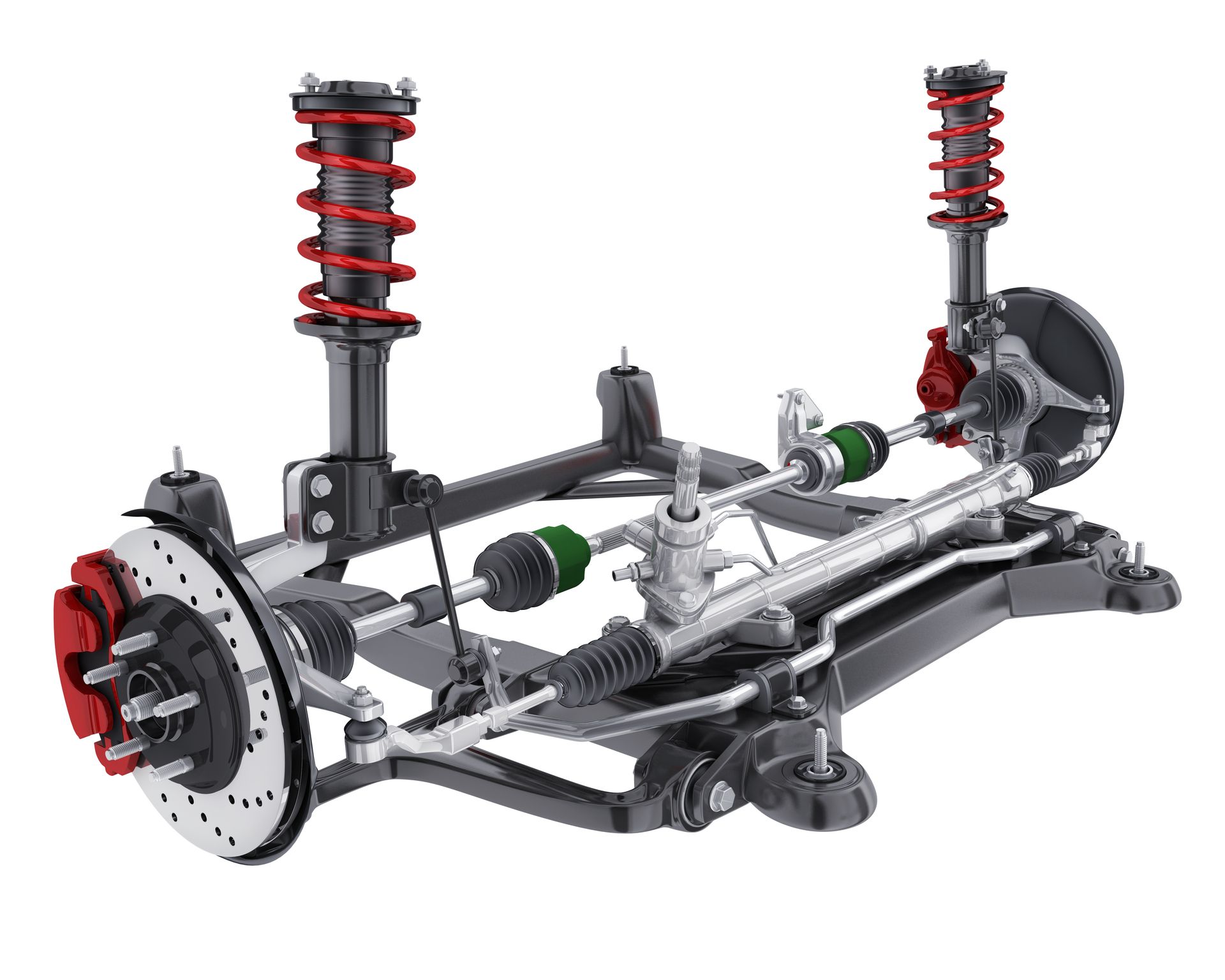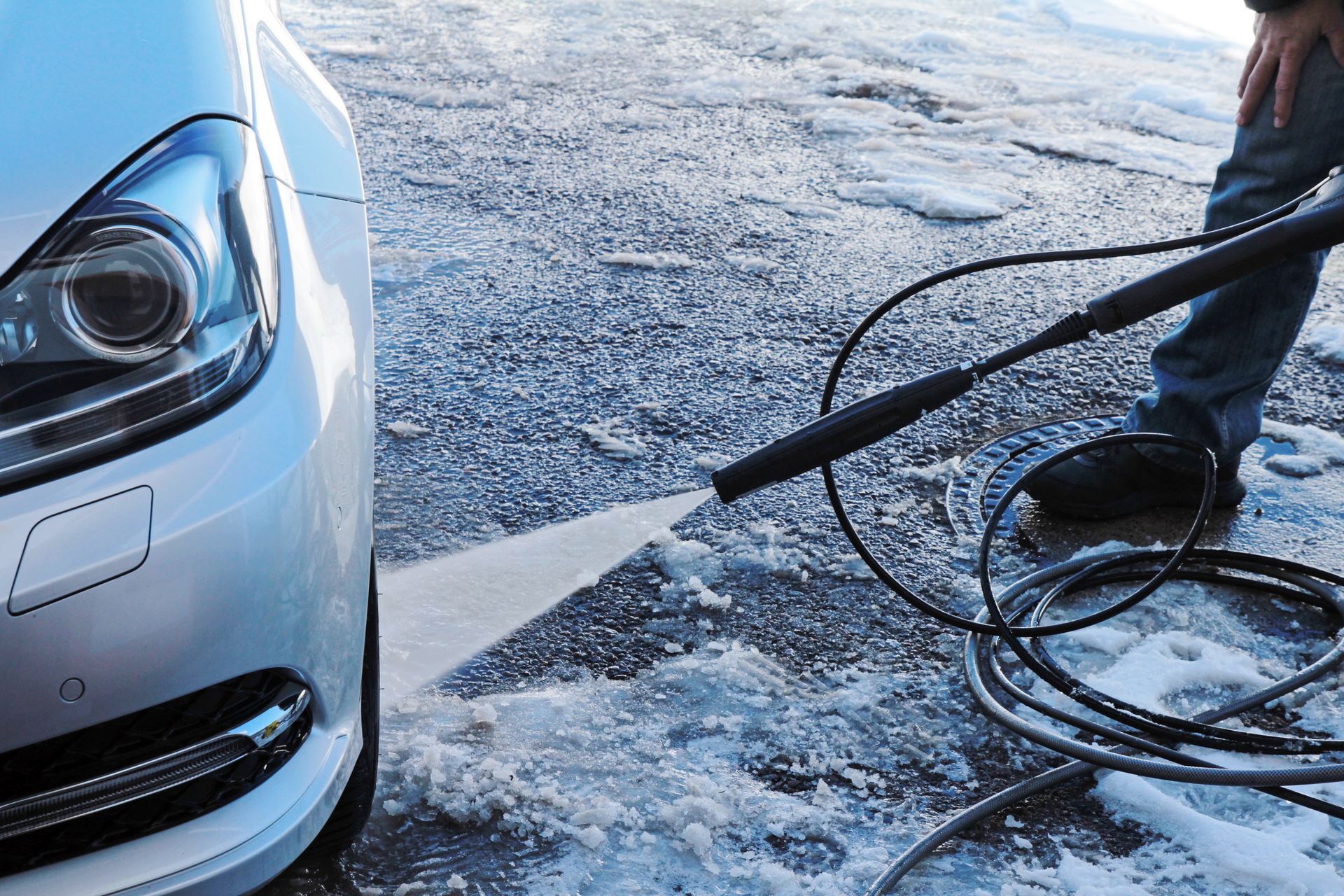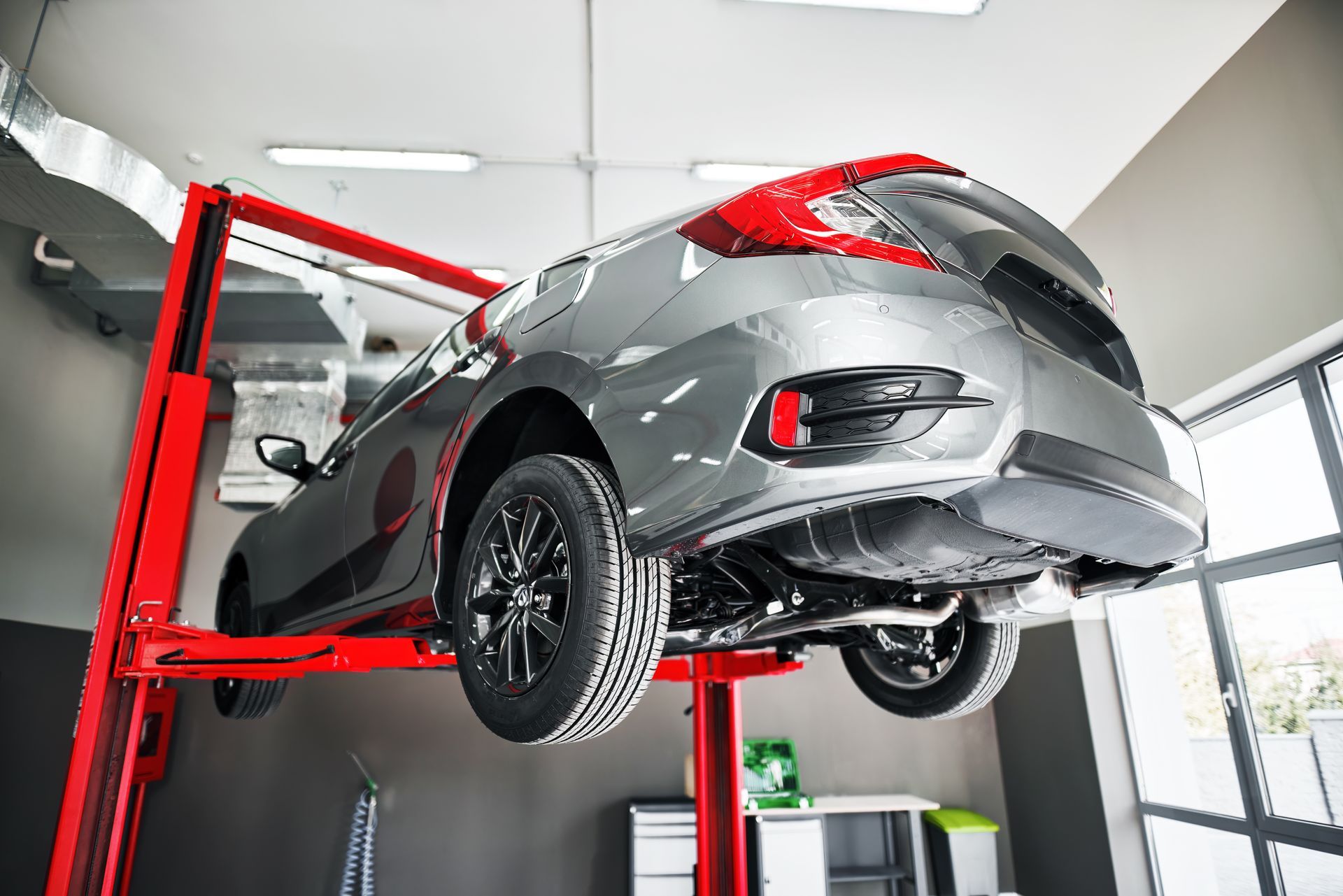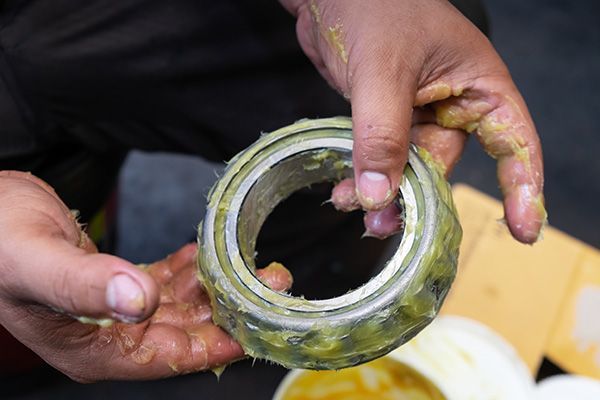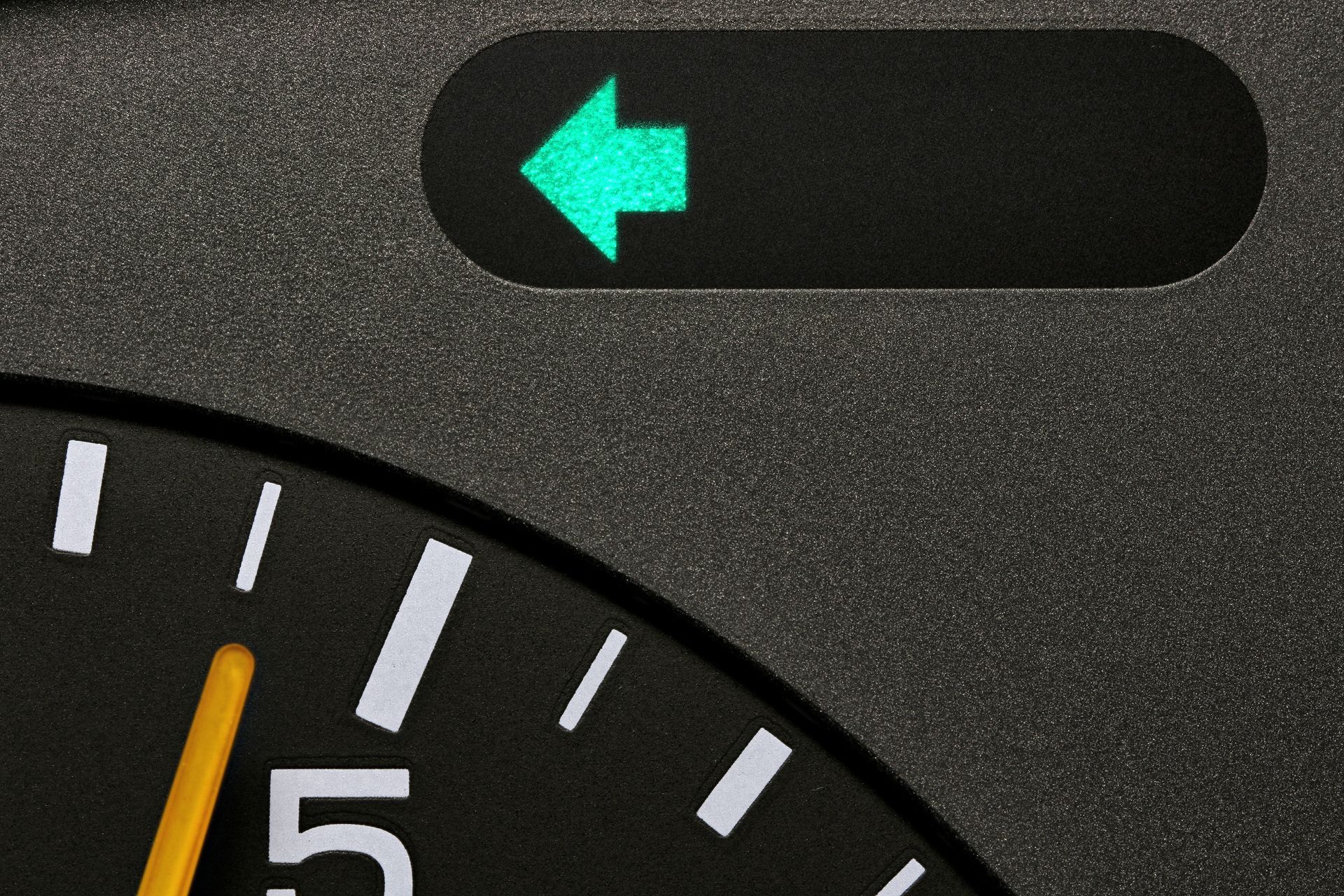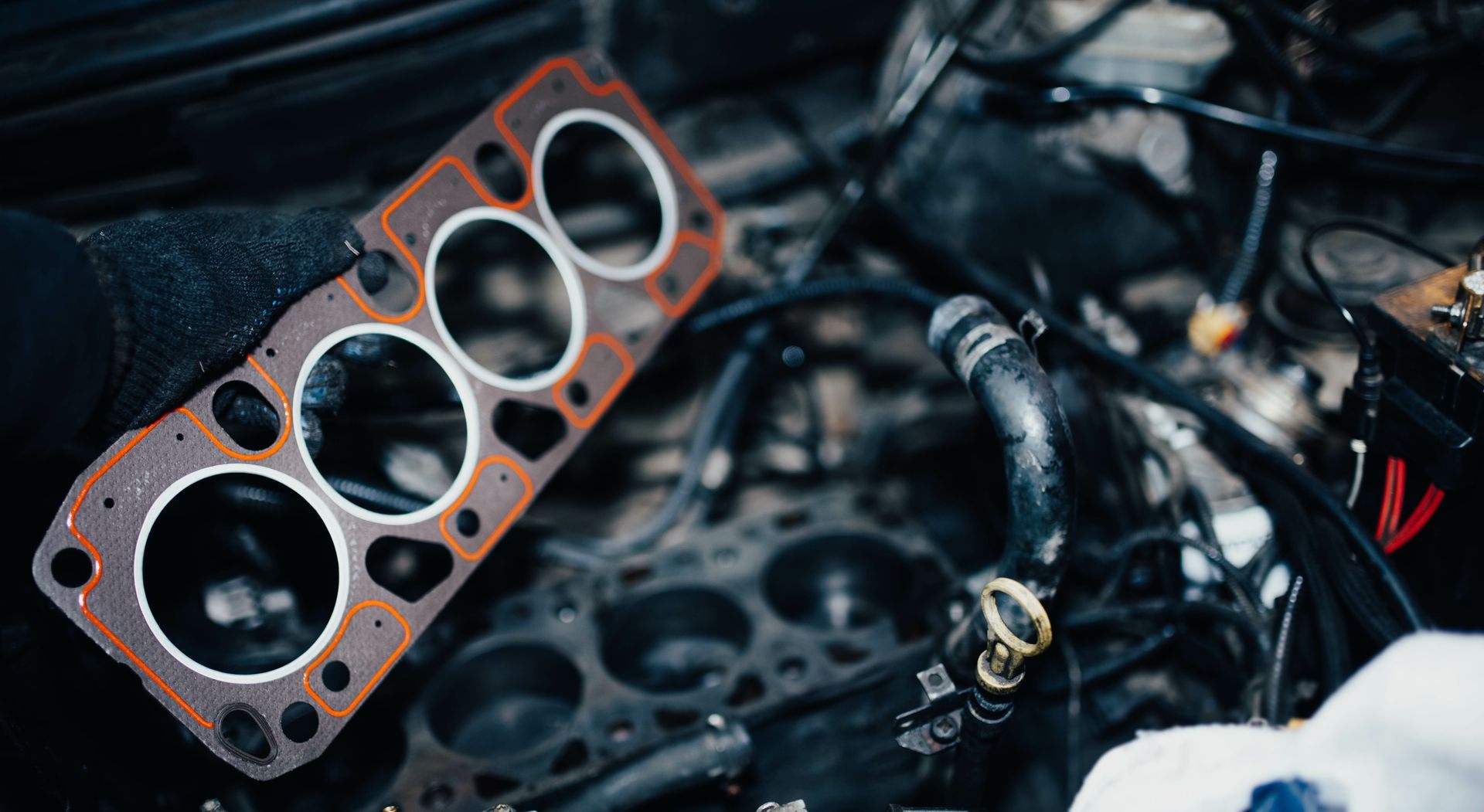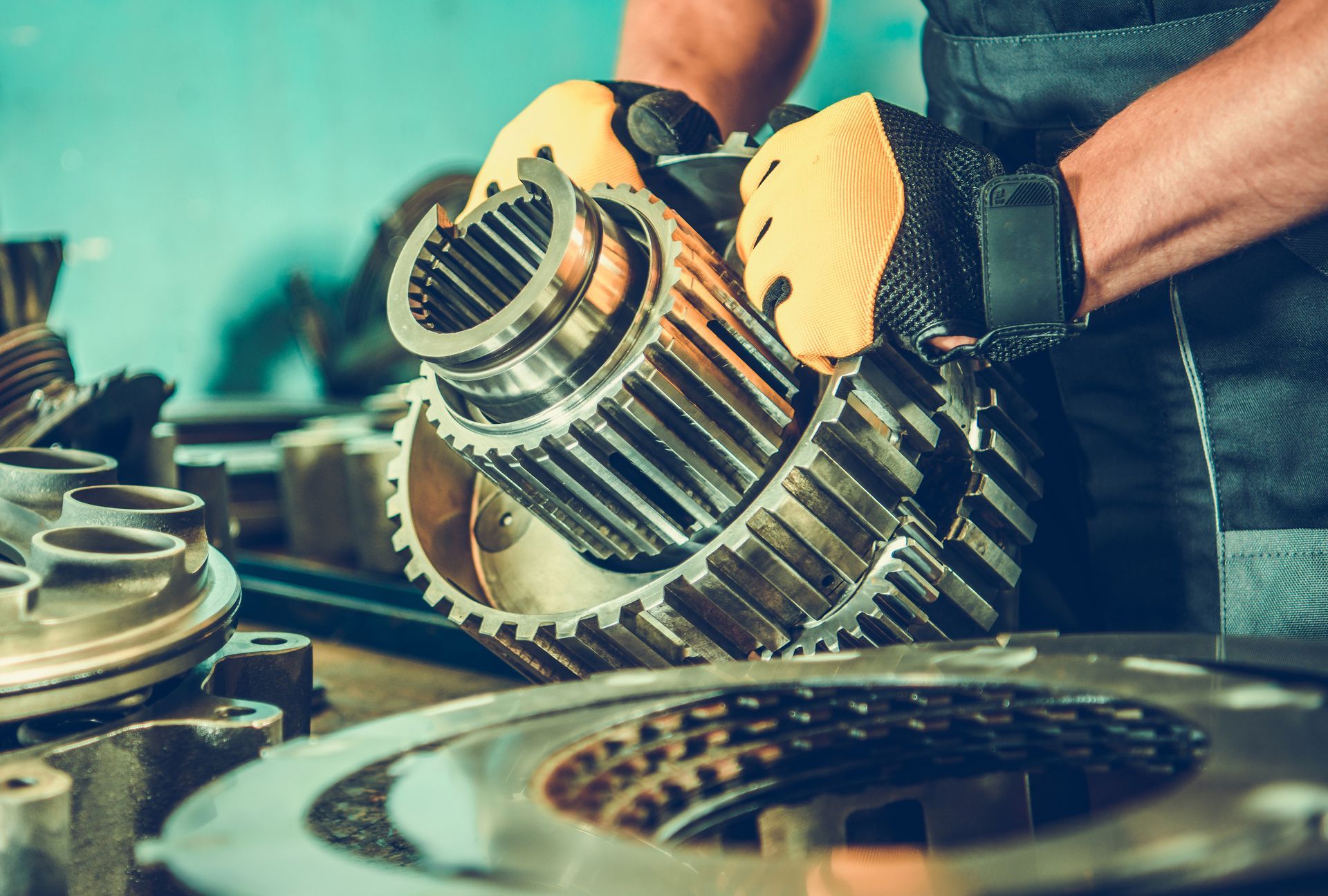Loading ...
Missing business hours data / Error occurred while getting the data.
Sat - Pick Up Only 10am - 2pm
Loading ...
Missing business hours data / Error occurred while getting the data.
SAT - Pick Up Only 10am - 2pm
Why Do Engine Gaskets Fail? Causes and Prevention
May 30, 2024
Engine gaskets play a crucial role in keeping your engine running. When they fail, the consequences can range from minor annoyances to severe engine damage. So, why do engine gaskets fail, and how can you prevent it? We list the causes and some preventative measures to ensure your engine stays in top shape.
1. Engine Gaskets
Engine gaskets are seals placed between various engine parts, such as the cylinder head and engine block, to prevent oil, coolant, and combustion gas leaks. They maintain the engine's integrity by ensuring these fluids and gasses stay in their respective areas, allowing the engine to function correctly.
There are several types of gaskets in an engine, including head gaskets, intake manifold gaskets, and exhaust manifold gaskets. Each type serves a specific purpose, but they all share the common goal of sealing and preventing leaks between metal parts.
2. Common Causes of Gasket Failure
Engine gasket failure can result from several factors, often intertwined. Here are some common causes:
- Overheating: Overheating is the most common cause of gasket failure. When an engine overheats, the metal parts expand, which can cause the gasket to crack or become distorted. Repeated overheating can lead to a complete gasket blowout.
- Poor Installation: If a gasket is not installed correctly, it may not form a proper seal, leading to leaks and eventual failure. Proper torque specifications and a clean mating surface are crucial during installation.
- Aging and Wear: Over time, gaskets can deteriorate due to constant exposure to heat and pressure. The material can become brittle and less effective at sealing, making it more prone to leaks.
- Contaminated Oil or Coolant: Using contaminated oil or coolant can cause deposits to form on the gasket surface, leading to improper sealing and failure. Regularly changing your oil and coolant can help prevent this issue.
- Engine Misfires: Consistent misfires can lead to increased pressure and temperature within the engine, putting extra stress on the gaskets and leading to premature wear.
3. Symptoms of a Failing Gasket
Recognizing the signs of a failing gasket early can prevent more significant damage. Here are some symptoms to watch for:
- Overheating Engine: A bad gasket can disrupt the coolant flow, leading to an overheating engine. If your engine temperature gauge is frequently in the red, it's a sign that something is wrong.
- White Smoke from the Exhaust: White smoke can indicate that coolant is leaking into the combustion chamber due to a bad head gasket. This smoke is often thick and has a sweet smell.
- Milky Oil: If the oil appears milky or frothy, it suggests that coolant is mixing with the oil, a clear sign of a failing gasket.
- Coolant Loss with No Visible Leak: If you're consistently losing coolant without any visible leaks, it might leak internally due to a damaged gasket.
- Poor Engine Performance: A failing gasket can cause a loss of compression, resulting in rough idling, misfires, and reduced power.
4. Preventing Gasket Failure
Prevention is always better than cure, especially when it comes to engine components. Here are some tips to help you prevent gasket failure:
- Regular Maintenance: Follow your vehicle's maintenance schedule. Regular oil changes, coolant flushes, and engine inspections can help catch issues before they become serious.
- Monitor Engine Temperature: Always keep an eye on your engine temperature gauge. If you notice it constantly running hot, investigate and address the issue promptly.
- Use Quality Fluids: Always use high-quality oil and coolant recommended by your vehicle manufacturer. Cheap or incorrect fluids can cause buildup and damage to gaskets.
- Ensure Proper Installation: If you or your mechanic are replacing a gasket, ensure it's installed correctly. Follow the manufacturer's torque specifications and ensure the mating surfaces are clean.
- Fix Engine Problems Promptly: Address engine misfires, leaks, and other issues immediately. Ignoring these problems can stress your gaskets, leading to failure.
5. What to Do If Your Gasket Fails
Despite your best efforts, there may come a time when a gasket fails.
Here's what to do:
- Diagnose the Problem: Have Boalsburg Car Company diagnose the issue. We can perform tests such as a compression test, leak-down test, or check for exhaust gases in the coolant to confirm the gasket failure.
- Replace the Gasket: Gasket replacement is a complex job that involves disassembling engine parts. It's best left to professionals. We have the tools and expertise to do it correctly.
- Inspect for Additional Damage: A failing gasket can cause or be caused by other engine issues, such as a warped cylinder head or block. We will ensure these components are inspected and repaired as necessary.
- Prevent Future Failures: After the repair, maintain your engine properly to prevent future gasket failures. Follow the preventive measures outlined above to keep your engine running at its best.
Notice any signs of a failing gasket? Visit Boalsburg Car Company for reliable diagnostics and quality repairs. Contact us today to ensure your engine stays in peak performance!
Our Location
Our Location
Loading ...
Missing business hours data / Error occurred while getting the data.
SAT - Pick Up Only 10am-2pm
Having Trouble Finding Us?
Loading ...
Missing nap lines data / Error occured while getting the data.

